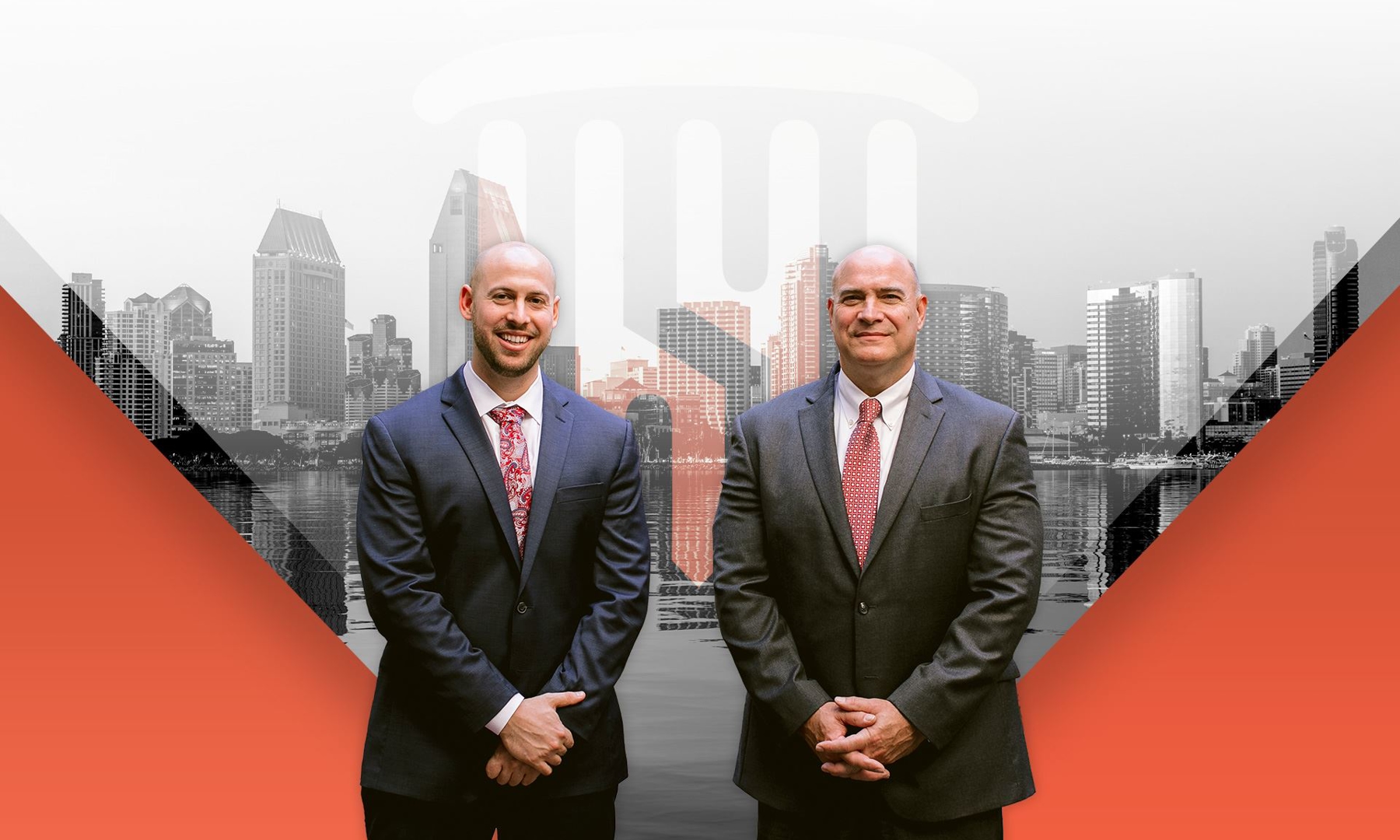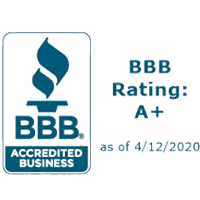
Returning to Work After an Injury
We Can Guide You Through this Transition
As a workers’ compensation law firm, we love to see the day when you return to work. We know that work is a meaningful part of your life, and if you want to get back on the job, then we will make that our goal in your recovery.
After a severe injury at work, you could face a lengthy recovery, but you can still contribute as you are able. One requirement of your employer in a workers’ compensation case is that they must provide reasonable accommodation to you as you recover from an injury or treat a disability.
Contact The Sexton Law Firm by calling (619) 202-8976 today to schedule a consultation.
Defining Your Right to Reasonable Accommodation
Reasonable accommodation means different things in different industries. There is no standard definition, but a significant portion of litigation and appeals for lawyers in California centers on what it means to your specific industry and injury.
For example, if an injury or disability means that you can’t lift more than 20 pounds, your employer may allow you to return to work if your weight restriction does not interfere with your job duties. If you are unable to perform your regular job, your employer can also put you in a “light duty job” that matches your education level and skill set.
However, in more strenuous jobs, you may have limited options in light duty or reasonable accommodation. If this is the case, then you may be entitled to temporary disability benefits until you can return to your job in a full capacity.
How Our Lawyer Can Assist You When Returning to Work
We can assist you by:
- Evaluating Your Case: Before returning to work, it's crucial to assess whether you are physically ready to resume your duties. We will work with your healthcare providers to thoroughly evaluate your medical condition and decide if your employer is offering a safe and reasonable work environment.
- Negotiating Work Modifications: If your injury requires special accommodations, we can negotiate with your employer to ensure that these modifications are made. This might include adjusting your work hours, providing assistive devices, or assigning you to a different role that is better suited to your current physical capabilities.
- Ensuring Compliance with Workers' Compensation Laws: Workers' compensation laws are designed to protect injured workers, but navigating these laws can be complex. We will ensure that your employer complies with all relevant regulations, including providing appropriate compensation for lost wages, medical expenses, and any permanent or temporary disabilities.
- Advocating for Your Rights: Unfortunately, not all employers act in the best interests of their employees. If your employer attempts to force you back to work before you are ready, retaliates against you for taking time off, or fails to provide the necessary accommodations, we will take action to protect your rights. This might involve filing a claim with the appropriate labor authorities, pursuing a lawsuit, or negotiating a settlement on your behalf.
- Handling Disputes with Insurance Companies: Insurance companies may try to minimize the amount of compensation you receive or deny your claim altogether. We will handle all communications with the insurance company, gather the necessary documentation, and advocate for the full benefits you are entitled to under the law.
- Representing You in Legal Proceedings: If disputes with your employer or the insurance company cannot be resolved through negotiation, our lawyer is prepared to represent you in legal proceedings. We will build a strong case to support your claims, using medical records, expert testimony, and other evidence to demonstrate your need for compensation and accommodations.
- Providing Ongoing Support: Returning to work after an injury is not always a straightforward process. Your condition may change, or new issues may arise that require further legal intervention. We will provide ongoing support to ensure that your rights are continually protected as you transition back into the workforce.
Signs of Retaliation After Returning to Work After a Workplace Injury
Returning to work after a workplace injury can sometimes lead to retaliation by an employer, which is unlawful. Retaliation occurs when an employer takes adverse actions against an employee for filing a workers' compensation claim or seeking medical treatment for an injury. Identifying retaliation is essential to protect your rights.
A common sign of retaliation is a sudden change in job responsibilities. If your employer assigns you more difficult or physically demanding tasks that worsen your condition, this could be a retaliatory act. Similarly, a reduction in work hours or demotion without a valid reason can signal an attempt to punish you for asserting your rights.
Another indication of retaliation is an unexpected negative performance review or increased scrutiny. If you are unfairly criticized or your work is excessively monitored after returning from an injury, it may be because of the workers' compensation claim you filed. Similarly, if you are subjected to unwarranted disciplinary actions, this can also be a form of retaliation.
Mistreatment or exclusion by coworkers can also occur after an injury. If your employer fosters a hostile environment by encouraging others to treat you unfairly or exclude you from team activities, this is considered retaliation.
If any of these signs occur, it is important to document the incidents. A workers' compensation attorney can help you provide you with reasonable accommodation.
Learn More About Your Rights in a Free Consultation
Discuss your right to reasonable accommodation with an attorney from The Sexton Law Firm today by calling (619) 202-8976. Free initial consultations are available to all injured workers at our offices in Chula Vista and Oceanside. You may also contact us online. Get back to work with our help! Se habla español.
Contact The Sexton Law Firm by calling (619) 202-8976 today to get started with our team.

Why Hire The Sexton Law Firm?
Get the Representation You Deserve
-
We Listen to Your Story and Create a Strategy to Achieve Your Goals
-
With offices in Chula Vista, Oceanside, and La Mesa, we serve clients throughout all of Southern California
-
We Offer Free Consultations - Regardless of the Legal Matter
-
We Offer Phone and Video Consultations For Your Safety and Convenience
-
We Are Bilingual and Serve Our Clients in English and Spanish
-
We Are a Family Owned and Operated Law Firm
Attorneys Dedicated to Protecting Your Legal Rights







